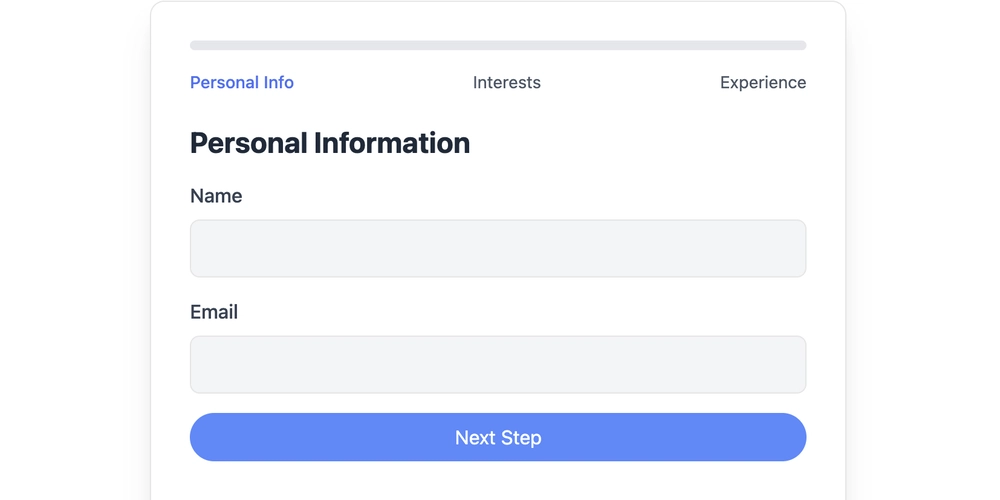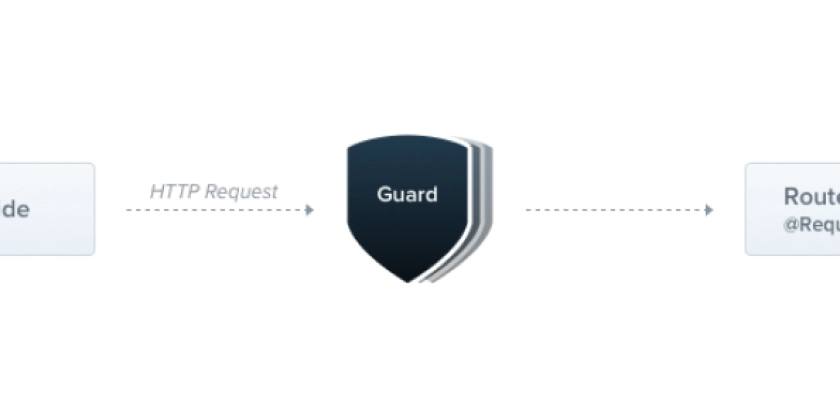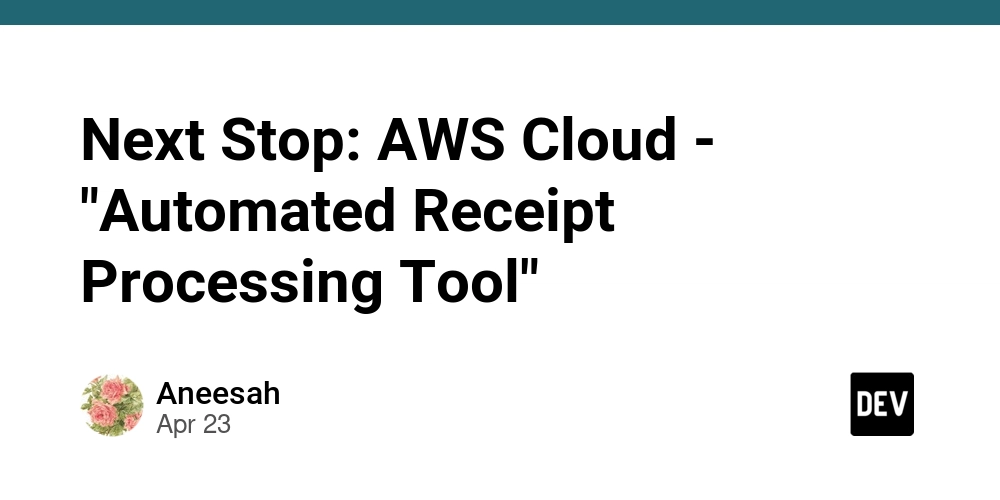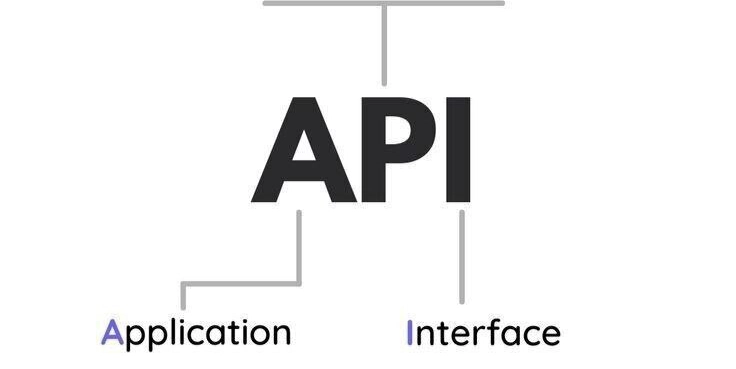
Unleash the Power of Bun: Building JavaScript Lambda Functions with a Custom Runtime
Want faster cold starts and a smoother development experience for your serverless applications? Explore how to use JavaScript Lambda functions with a Bun custom runtime. Bun delivers impressive speed and eliminates the need to transpile TypeScript, making it an appealing alternative to Node.js.
Why Choose a Custom Runtime?
Custom runtimes provide more control over your Lambda execution environment, offering security and flexibility. Think of them as lightweight Docker containers, where your code is layered on top of a base operating system.
- Isolation: Enhanced security by controlling the runtime environment.
- Flexibility: Use languages and runtimes not natively supported by AWS Lambda.
- Control: Customize the environment to meet specific application needs.
Building and Deploying Your Bun Runtime Layer for AWS Lambda
Here's how to build and deploy the Bun runtime as a Lambda layer. Ensure you have the AWS CLI and Bun installed and configured with access to your AWS account.
-
Build the layer: Select the correct commands to create layers optimized for both x86_64 and ARM64 architectures, substituting your desired AWS regions.
-
Verify: Confirm the successful creation of the layers in your AWS account, noting the ARNs for each.
Crafting Your Lambda Function with Bun
Creating your Lambda function with Bun mirrors the standard procedure, but with key distinctions:
- Add the Layer: Incorporate the "bun" or "bun-arm64" Lambda layer based on your function's architecture.
- Response Objects: Return a
Responseobject instead of a plain JavaScript object.
Here's a basic example:
Leveraging the Bun Server Format for API Gateway Integration
Bun's built-in web server enables seamless integration with Amazon API Gateway. This approach allows local testing without Docker or other complex tooling.
Bun runtime also supports other event sources:
Testing Your Bun Lambda Functions Locally
The Bun server format supports easy local testing:
- Start the server: Run
bun run handler.tsto start a local development server. - Test with familiar tools: Use your preferred API testing tool or web browser to send requests to
http://localhost:3000.
Performance Considerations: Bun vs. Node.js for Lambda functions
In a non-scientific test, a Bun Lambda function creating a JWT had an average execution time of 34.61ms, excluding cold start initialization. While Node.js 22 Lambda functions may exhibit slightly faster average execution times, Bun offers a compelling trade-off with its development experience! Expect an upcoming, deeper study into Node.js, Deno, and Bun Lambdas.
Is Bun Right for Your Next Lambda Function?
Bun's speed, ease of local testing, and Node.js compatibility make it a worthy choice for Lambda functions. Whether you're working on automation scripts or production applications, Bun offers a refreshing serverless experience. Try combining Bun custom runtime with JavaScript Lambda functions today!















![California Software Companies: Unveiling Tech Leaders & Future Trends [2025]](https://media2.dev.to/dynamic/image/width=1000,height=500,fit=cover,gravity=auto,format=auto/https%3A%2F%2Fcontenu.nyc3.digitaloceanspaces.com%2Fjournalist%2F5bd5aa41-4877-4647-a4d3-4f4915a589fc%2Fthumbnail.jpeg)







